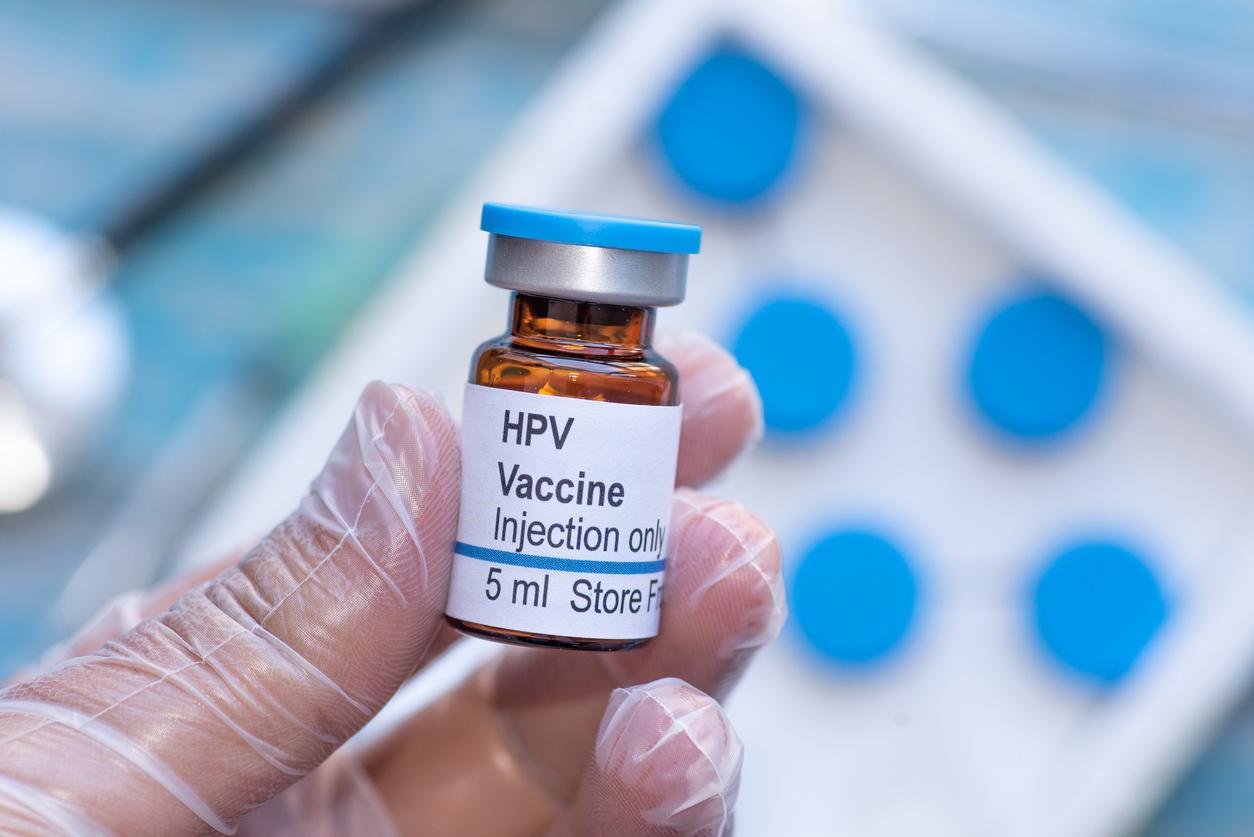A tidy sum to strike down Zika virus. US authorities believe in the development of an effective vaccine against the Zika virus present in 70 countries around the world. To signify its determination to win the battle against this epidemic, the United States will pay 43.2 million dollars (about 38 million euros) to the Sanofi Pasteur laboratory. Objective: to produce a Zika virus inactivated vaccine. More precisely, the French pharmaceutical giant will work on the development of phase II of the vaccine, which consists of evaluating the effectiveness of the product and therefore its safety and tolerance.
Sanofi Pasteur pledged last February to develop a vaccine to prevent Zika virus disease, shortly after the World Health Organization declared the infection a public health emergency.
In research on the Zika vaccine, the Sanofi Pasteur laboratory has pooled its forces with the Walter Reed Army Institute of Research (WRAIR), with which it signed a research and development collaboration agreement last July. “BARDA funding will enable production and characterization of the purified Zika virus inactivated vaccine (ZPIV) preparation developed by WRAIR for Phase II testing, and optimization of the process to improve productivity,” Sanofi said in a statement.
A public health problem far from over
“Given the devastating effects caused by this infectious disease, we are delighted that the United States government has mobilized with us for the development of a vaccine against Zika”, reacted for his part David Loew, the vice – Executive Chairman of Sanofi. And to add: “Based on this collaboration, we can, together, bring together the resources and the essential skills to fight against this public health problem.”
The Zika epidemic is far from over if we judge the pessimistic report drawn up in The Lancet September 15. The researchers, taken over by The world, believed that it was necessary “to prepare for a global epidemic of microcephaly and other congenital manifestations of Zika syndrome”.
Read also: Zika: it would be transmitted even in the event of a vasectomy
Zika: the numbers are underestimated
Sexual transmission of the virus confirmed

















